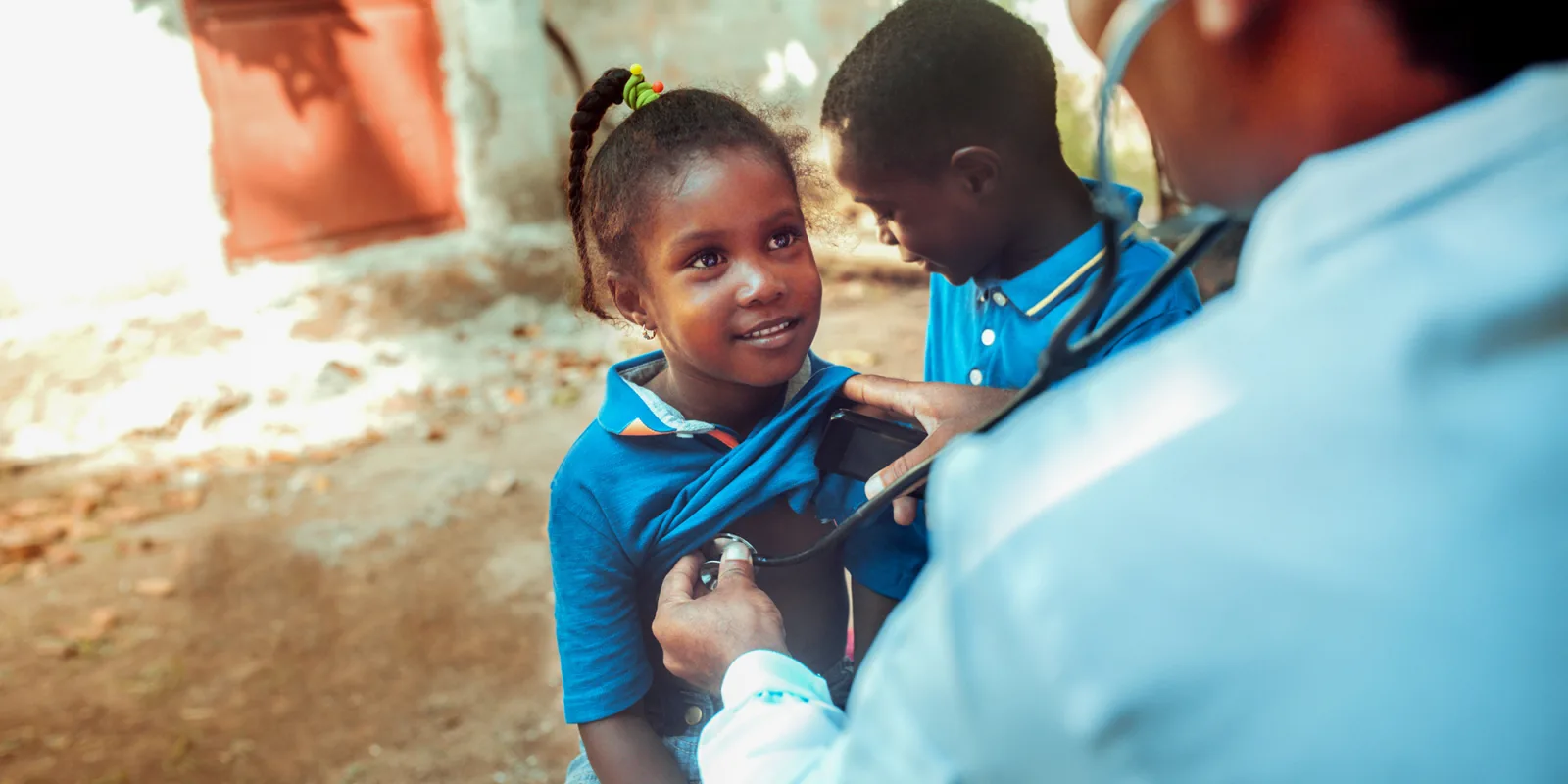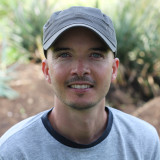
Not too long ago, I read an article about the use of a new portable ultrasound device among villagers in Africa. It outlined a collaboration between local clinical officers and a doctor based out of Canada. Those working within this global health project claim that success will be achieved when the local clinician agrees with a Canadian radiologist at least 80% of the time.
As a family physician originally trained in the U.S. but now living and practicing in the highlands of Papua New Guinea (PNG) for six years, I have found this technological breakthrough amazing. I use it nearly every day. It has the potential to save and transform lives and health systems in places of critical need. However, I also found the definition of “success” for this “global health project” very aggravating.
Every day I walk or bike the stony roads of the PNG highlands to work in the only hospital providing care for half a million people. Our facility provides about 60,000 outpatient visits per year, nearly 2,000 surgical procedures and delivers about 3,000 babies. We have 150 hospital beds which are more often full than not. We have a staff of 11 doctors, about 50 nurses, 50 community health workers, and about 20 ancillary staff. We provide services in a highland rainforest near the equator in what would be called a low-income country. Yet the term “global health” is not used in my daily line of work.
During my residency days, I considered completing one of a handful of Global Health fellowships to prepare myself for the kinds of things I now do every day: manage trauma patients, perform complicated obstetrics, keep tabs on a variety of exotic communicable diseases, and try to navigate the complex web of NGOs, aid agencies, government ministries, and international health organizations operating in our area. Back then, I would have looked at my present career and called myself a “Global Health” physician.
I would not do so now.
The hospital staff that I share these challenging days and nights with do not think they are working in global health. The patients I attend to, perform surgery on, pray with, and cry over do not need a global health doctor. They need surgery, medicines, respect, food and, most of all, to stop being forgotten.
The only people to whom the phrase “Global Health” conveys any meaning are academicians. Project managers who sadly spend a large amount of time speculating or researching about how to help my patients from afar.
For the rest of us, this kind of care is just health. Because the truth is that global health only seems like an exotic and exciting endeavor from an armchair. In the mud and blood — the broken places of the world — it feels more like a daily battle with its attendant defeats and victories. These battles can be periodically engaged by visiting project countries, but the real war can be quickly forgotten once back in the echelons of academia.
Yet the funds needed to combat these very real ills lie under the control of those to whom we are another “global health project.” Our success will be appreciated only if we can find a way to agree with the overseas expert. Someone who, likely, has never buried a Melanesian mother and baby. We must jump through their hoops and hope that we qualify for a handful of medicines or gadgets to keep our patients alive.
Is it time to revisit “Global Health?” A department within a large educational institution in a high-income country focused on international medicine may make use of the phrase to draw the attention of potential staff, students, or donors. Yet the term means very little to those on the front-lines caring for “global health” populations.
Perhaps the time has come to step off the high horse of academic global health and put the funds and tools so desperately needed into the hands of those who are daily engaging in those battles. To ask them what we can do for them, not how often they can agree with us. To mobilize resources for the needs of people rather than for the brochures of donors. To go into those places with the expectation to learn before presuming to teach. In this post-“global health” era, patients around the world may experience the breakthroughs and marvels of modern medicine in a way that supports their dignity and humanity beyond being a “project.”
Dr. Crouch is a Family Physician who has lived and worked in the highlands of Papua New Guinea for the past six years in full-spectrum tropical medicine including complicated obstetrics and public health. He completed medical school at the University of Oklahoma, residency training at In His Image, and is currently completing a thesis for a Master’s in Public Health through the London School of Hygiene and Tropical Medicine.
This piece was a submission to the Dox Foundation writing contest. The Dox Foundation is a 501c3 that helps clinicians reach underserved communities by funding flights for medical mission trips. To find more information and apply for your own grant, visit their website.







